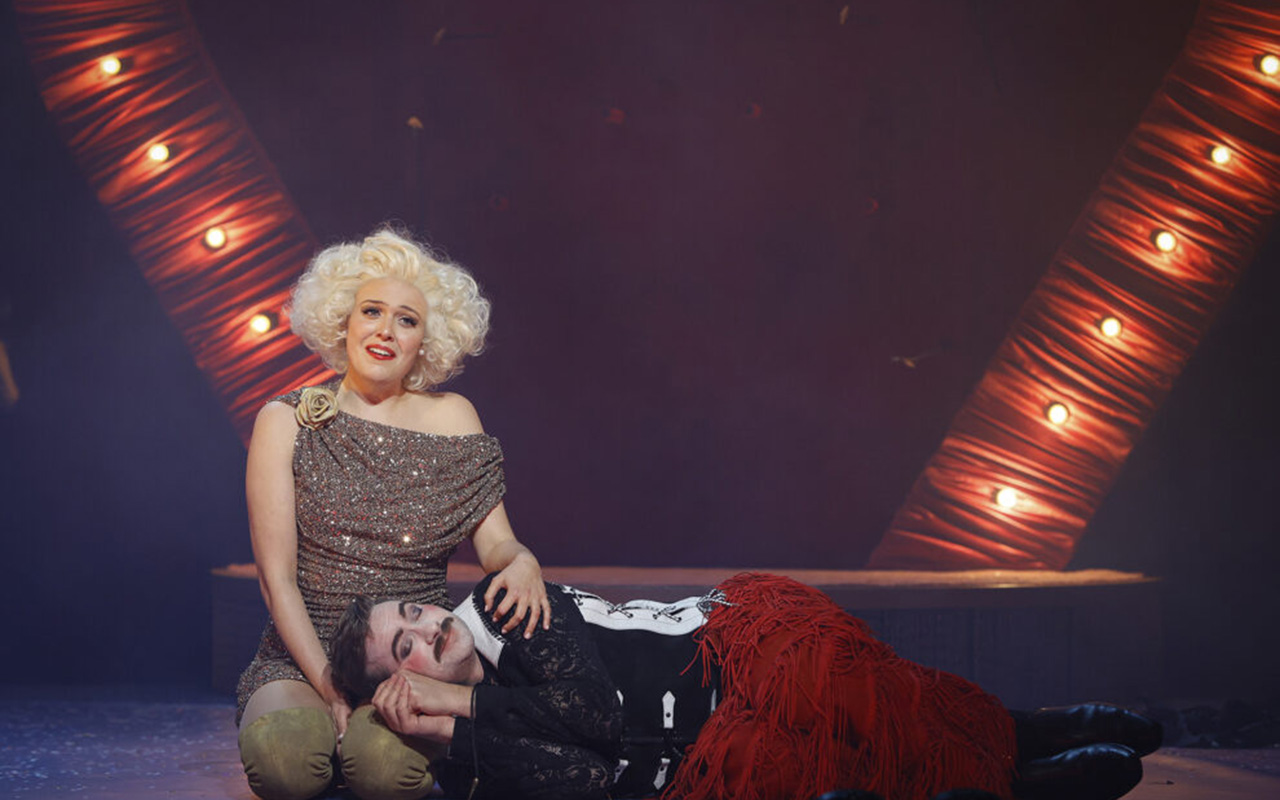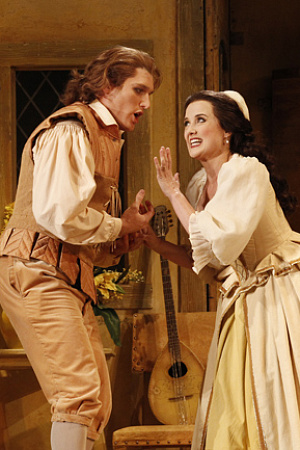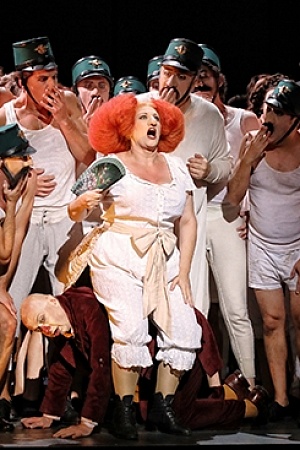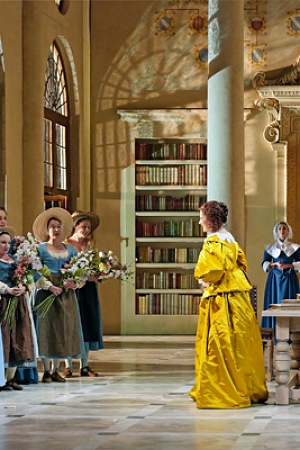Abduction

Immensely popular in Mozart’s lifetime, the three-act singspiel Die Entführung aus dem Serail (Abduction from the Seraglio) presents a distinct problem for contemporary interpreters. Its Orientalist plot concerning the kidnapping of a European noblewoman and her maid by a Turkish pasha paints a portrait of the East, as the musicologist Daniel Sheridan has written, ‘as a sonic and scenic spectacle for Western spectatorship’. Mozart, like many other eighteenth- and nineteenth-century composers, viewed the East as a banquet of exotic tropes to be digested and reconstituted as art – opulent, sensual, enchanting – that made the non-Western world’s otherness palatable to Occidental audiences while furthering the imperialist project in the process.
Continue reading for only $10 per month. Subscribe and gain full access to Australian Book Review. Already a subscriber? Sign in. If you need assistance, feel free to contact us.









Comment (1)